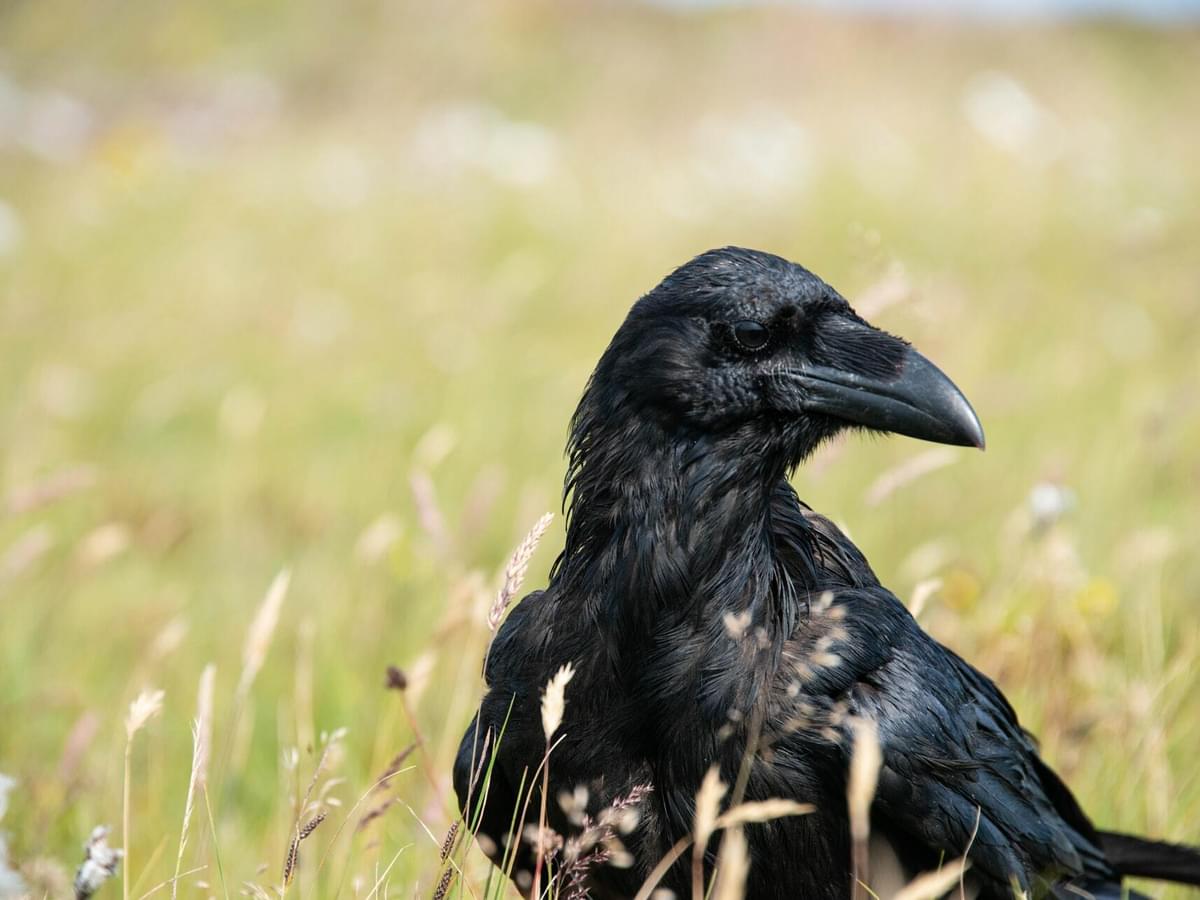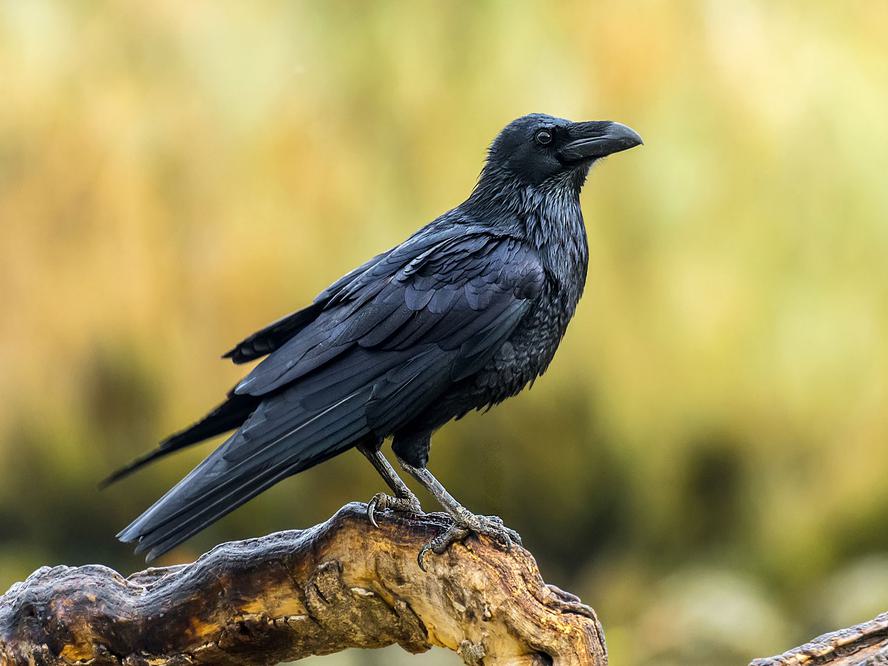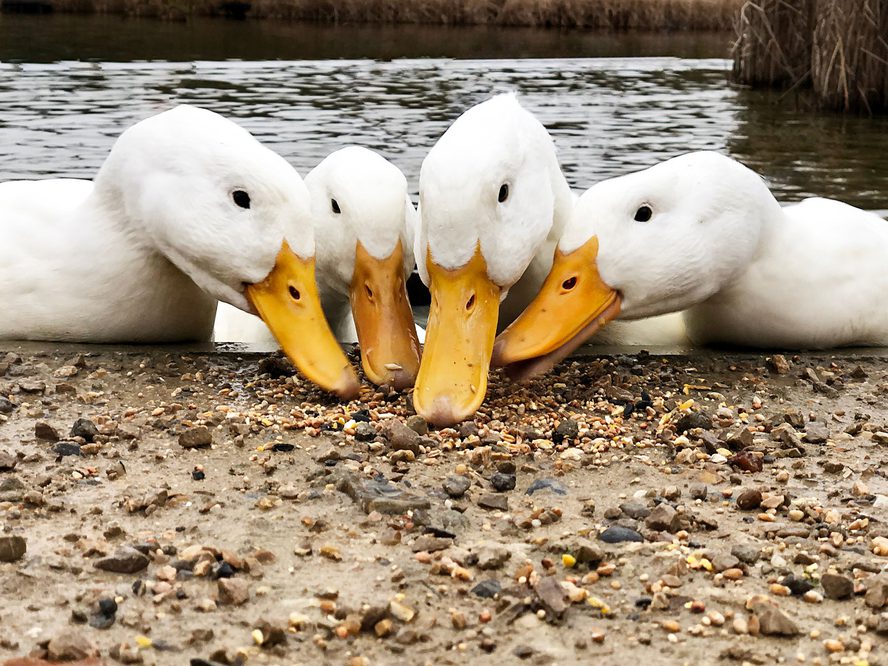Jump to Section
Why Is a Group of Ravens Called an Unkindness?
Last updated: 8 July 2024

Ravens, known for their intelligence and mysterious aura, have long captivated the human imagination. One intriguing aspect of these birds is the collective noun used to describe a group of them: an unkindness. But why are ravens associated with such a negative term? Let's have a look into the origins of this phrase and explore other fascinating aspects of raven group dynamics.
The Origin of "An Unkindness of Ravens"
The term "an unkindness of ravens" is believed to have originated in the 19th century. This name stems from a misunderstanding of raven behavior:
- Perceived lack of parental care: People mistakenly believed that ravens were cruel to their young, sometimes forcing them out of the nest before they were ready to fend for themselves.
- Mythological associations: Ravens were often linked to bad luck and portrayed as tricksters in various mythologies, contributing to their negative reputation.
It's important to note that these perceptions were based on limited understanding and observation of raven behavior. Modern research has shown that ravens are actually attentive parents and highly social birds.
Other Collective Nouns for Ravens
While "an unkindness" is well-known, there are several other collective nouns used to describe groups of ravens:
- A conspiracy of ravens
- A treachery of ravens
- A rave of ravens
- A flock of ravens (the most neutral term)
These varied terms reflect the complex relationship humans have had with ravens throughout history.
Ravens in Culture and Perception
Ravens have often been associated with dark themes due to several factors:
- Appearance: Their jet-black plumage and intense gaze have contributed to their mysterious image.
- Scavenging behavior: As opportunistic feeders, ravens are often seen near carrion, leading to associations with death.
- Intelligence: Ravens possess remarkable problem-solving skills and communication abilities, sometimes mimicking human voices, which can be unsettling to some.
- Cultural references: Their prominence in literature, mythology, and Halloween imagery has reinforced their connection to the supernatural and ominous themes.
The Reality of Raven Intelligence and Behavior
Despite their dark reputation, ravens are among the most intelligent birds:
- Problem-solving: They can use tools and solve complex puzzles.
- Communication: Ravens have sophisticated ways of sharing information within their groups.
- Memory: They can remember human faces and hold grudges against those who wrong them.
- Social behavior: Ravens form strong bonds and engage in playful behavior.









